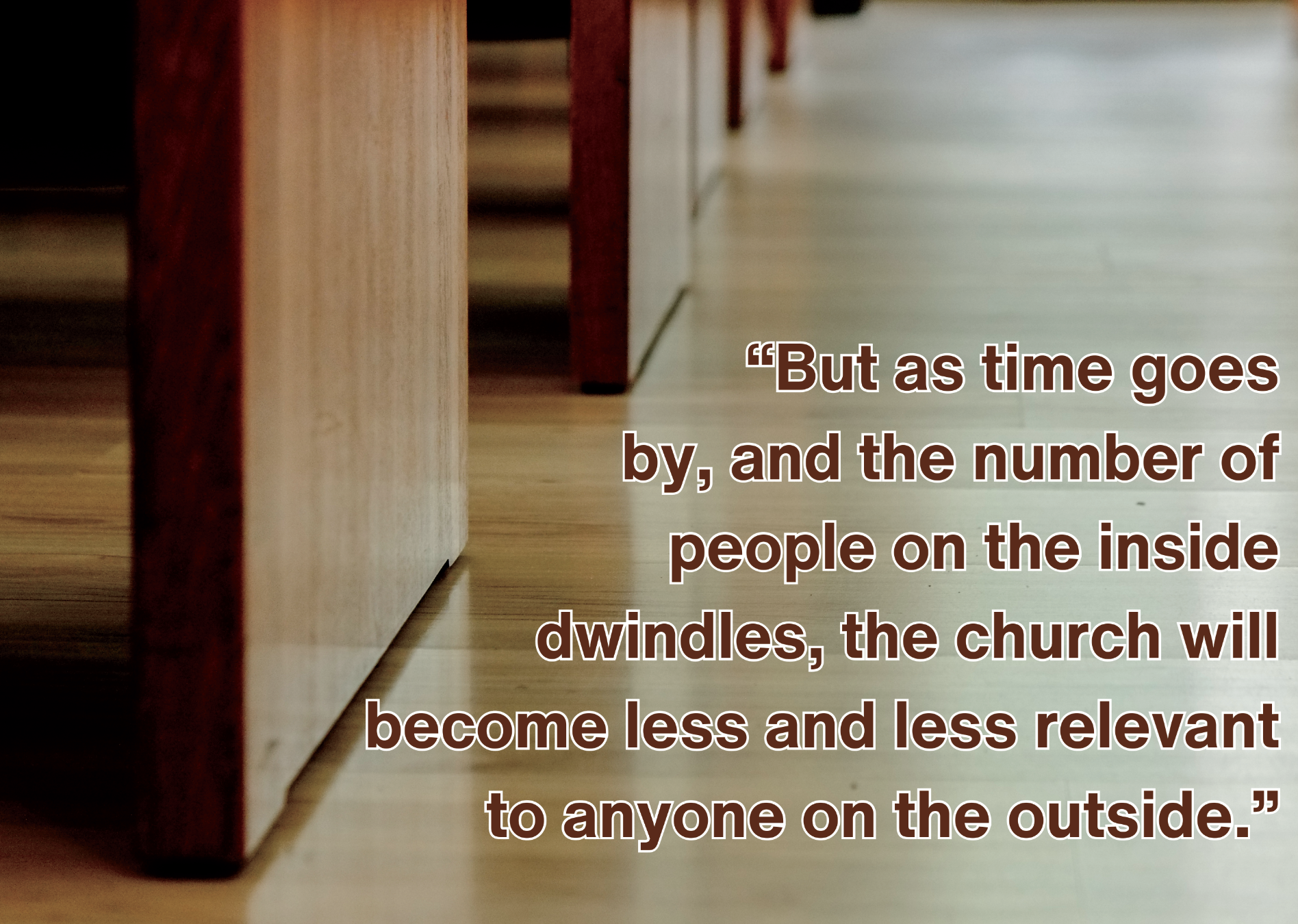The Gospel lessons for Lent show us signs of resistance and opposition to Jesus and his teaching, but this year there is an extra element of resistance. In the Gospels of Mark and John, we see people whose comfort with the status quo keeps them from welcoming the good news that Jesus brings. These are cautionary tales for us, both as followers and leaders within the Church.
On the second Sunday of Lent, Peter could not bear to hear Jesus talk about his coming rejection and suffering. He took Jesus aside to tell him off, but Jesus rebuked Peter for focusing on earthly concerns and missing the whole point of Jesus’ life and ministry. When we hear of churches closing and ministries coming to an end, how much do we hesitate to trust that God can still bring new life out of death?
On the next Sunday, Jesus cleanses the temple, driving away those who contributed to a false sense of comfort. Rather than an awe-inspiring encounter with the Holy One, their worship had turned into a transactional religion. As long as the side hustles, the stewardship campaigns, and the fundraisers keep the building open, no one even questions what the church or the temple is there for.
On the fourth Sunday, Jesus claims that ‘the light has come into the world, and people loved darkness rather than light because their deeds were evil.’ What Jesus is particularly condemning here is the urge to hide our true selves from God and from each other. It’s the same thing that Adam and Eve did after the Fall. But we take it even further. We tell only the best stories about what our church communities are doing. How many of the stories we tell about mission and outreach are really self-serving projects that cater to our own comfort? Do we value the perspectives of those who challenge our comfortable religion, or do we marginalise and silence them?
Finally, on the fifth Sunday, a booming voice from heaven speaks in response to Jesus’ prayer, but the people standing around cannot accept it for what it is. Rather than the voice of God, they write it off as thunder, or at best, an angel’s voice. What are the ways that we ignore or silence even the guidance of God because we are so comfortable with the religious institutions we have created for ourselves?
A friend once said that it’s hard to change things in the church because the way things are works just fine for the people who are already in the church. They have no incentive to change, and will even fight against change because it threatens their comfort and security. But as time goes by, and the number of people on the inside dwindles, the church will become less and less relevant to anyone on the outside.
The Gospel writers told of people who were more concerned with comfort and security than with following Jesus. Scholars believe that this picture is a bit of an exaggeration: a caricature of first-century Jewish communities, rather than the truth of their lived experience. But the outside world is already painting the same exaggerated picture of the Anglican Church. If we are serious about following Jesus and making his good news known to the world, we need to recognize the signs of resistance to him: not just on the part of others, but in our own hearts.




